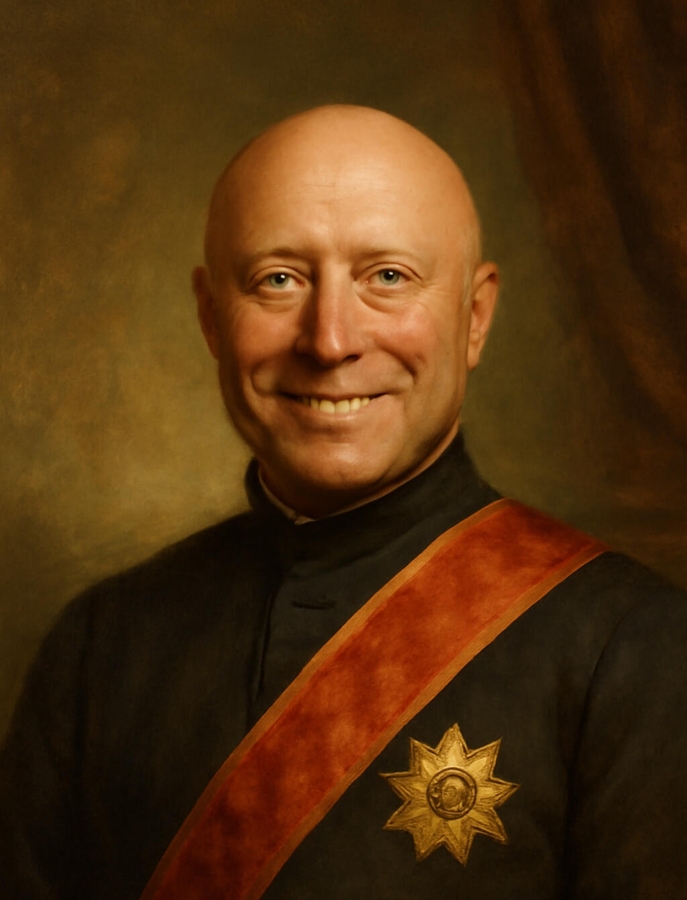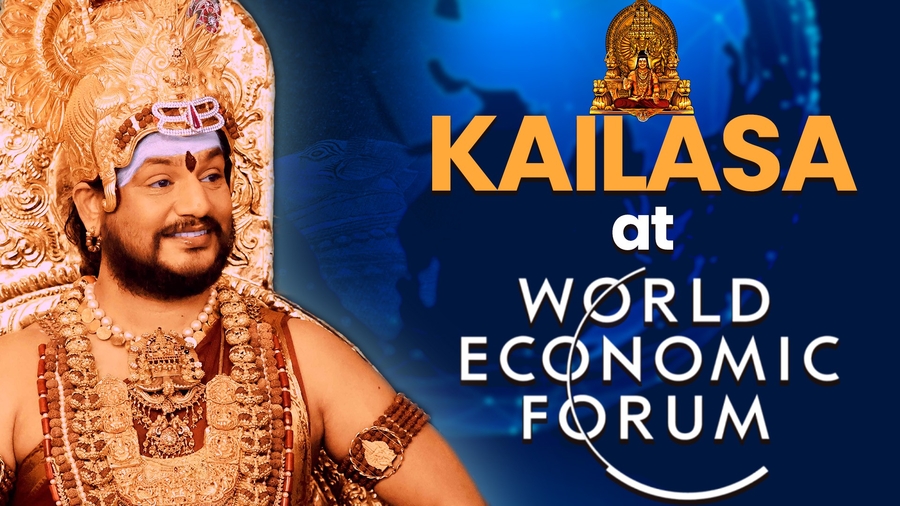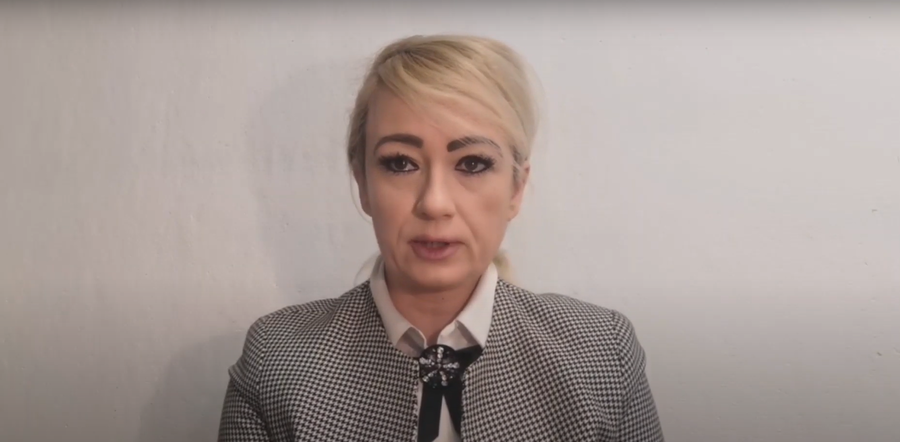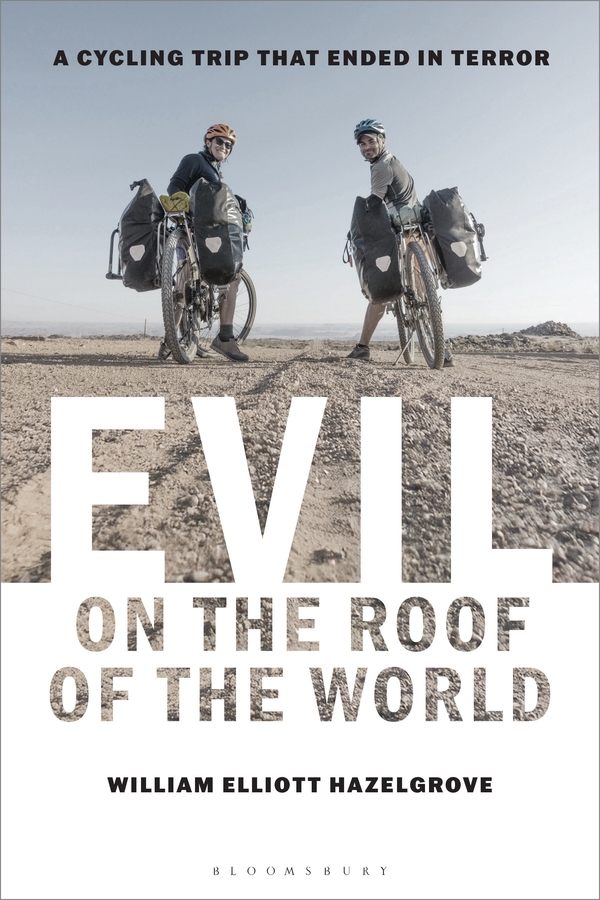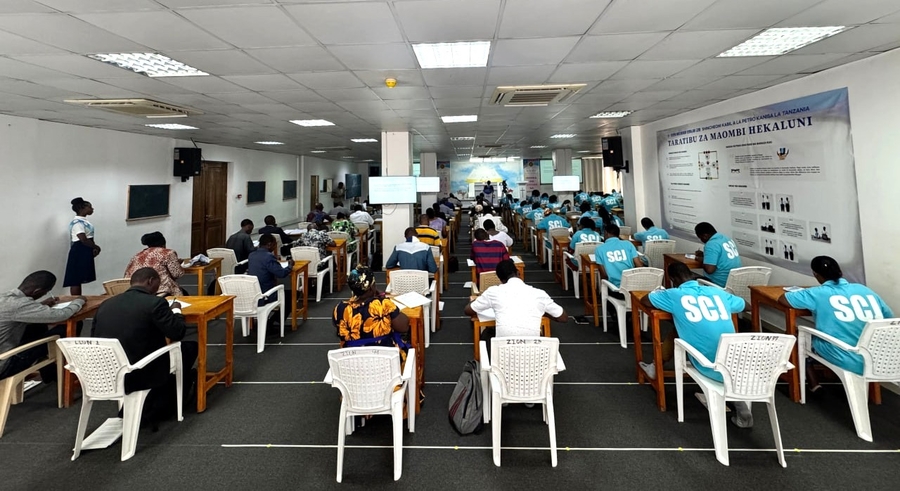MANILA — As Filipinos prepare for the 30th anniversary on Thursday of the “People Power” revolution that toppled Ferdinand E. Marcos, the Marcos family legacy is undergoing a political renaissance by those who claim it was a “golden age” of peace and prosperity.
“I think Marcos was our best president,” said Richard Negre, a Manila resident who was born two years after the dictator was overthrown. “That was when the Philippines was the leader of Asia. We were respected.”
Ferdinand Marcos, who died in exile in Hawaii in 1989, ruled thePhilippines with an iron fist for two decades, with his wife Imelda, whose lavish lifestyle — and thousands of pairs of shoes — became a global symbol of greed and corruption. Marcos was removed from power in 1986 when millions of Filipinos poured into the streets for days of peaceful protests.
The family’s political resurgence is led by Marcos’s son, Ferdinand Marcos Jr., known as Bongbong, a popular senator who is tied for first place in the vice president’s race for the May 9 national election, according to a recent survey.
Mr. Marcos has built a coalition from his father’s remaining supporters and young people who were not alive when martial law was declared in the 1970s. He is also backed by the well-funded families who benefited from the Marcos presidency, according to Ramon C. Casiple, executive director of the Institute for Political and Electoral Reform in Manila.
Mr. Marcos has also drawn close to popular politicians. He often appears at rallies with the boxer Manny Pacquiao, a senatorial candidate who is loved by millions of Filipinos. Miriam Defensor Santiago, who is running for president with Mr. Marcos, has a large following among young people on social media.
On the campaign trail, Mr. Marcos usually discusses his plans for the future, but he has also touched on what his father’s supporters consider the “golden age” of the Philippines.
Imelda Orduña, a 70-year-old retired schoolteacher living in the city of Caloocan, north of Manila, who attended one of his recent political rallies, said she remembers well the time of Marcos when there was no traffic, police officers did not extract bribes and criminals were on the run.
“Life was easier under Marcos,” she said. “We had peace and order and corruption was minimal. We have to tell our children and grandchildren about these times.”
Mr. Marcos was campaigning and not available for an interview, his staff said, but during a television interview in August he said he would not apologize for his father’s administration.
“What am I to say sorry about?” he said during the interview, adding that under his father thousands of miles of roads were built, the country had one of the highest literacy rates in Asia, and it was an exporter of rice — the country’s staple food — not an importer, as it is now.
But, he noted during a Feb. 17 news briefing, the issue of martial law and his father’s human rights record does not come up that often on the campaign trail.
“People no longer ask about martial law,” he told reporters. “They are interested in the current problems of the country, such as jobs and traffic.”
Michelle Pulumbarit, 31, a customer service operator who lives north of Manila, said Mr. Marcos was putting forward a proposal for the future that will bring back the best of the Marcos years. She is not concerned about martial law and human rights violations, she said.


